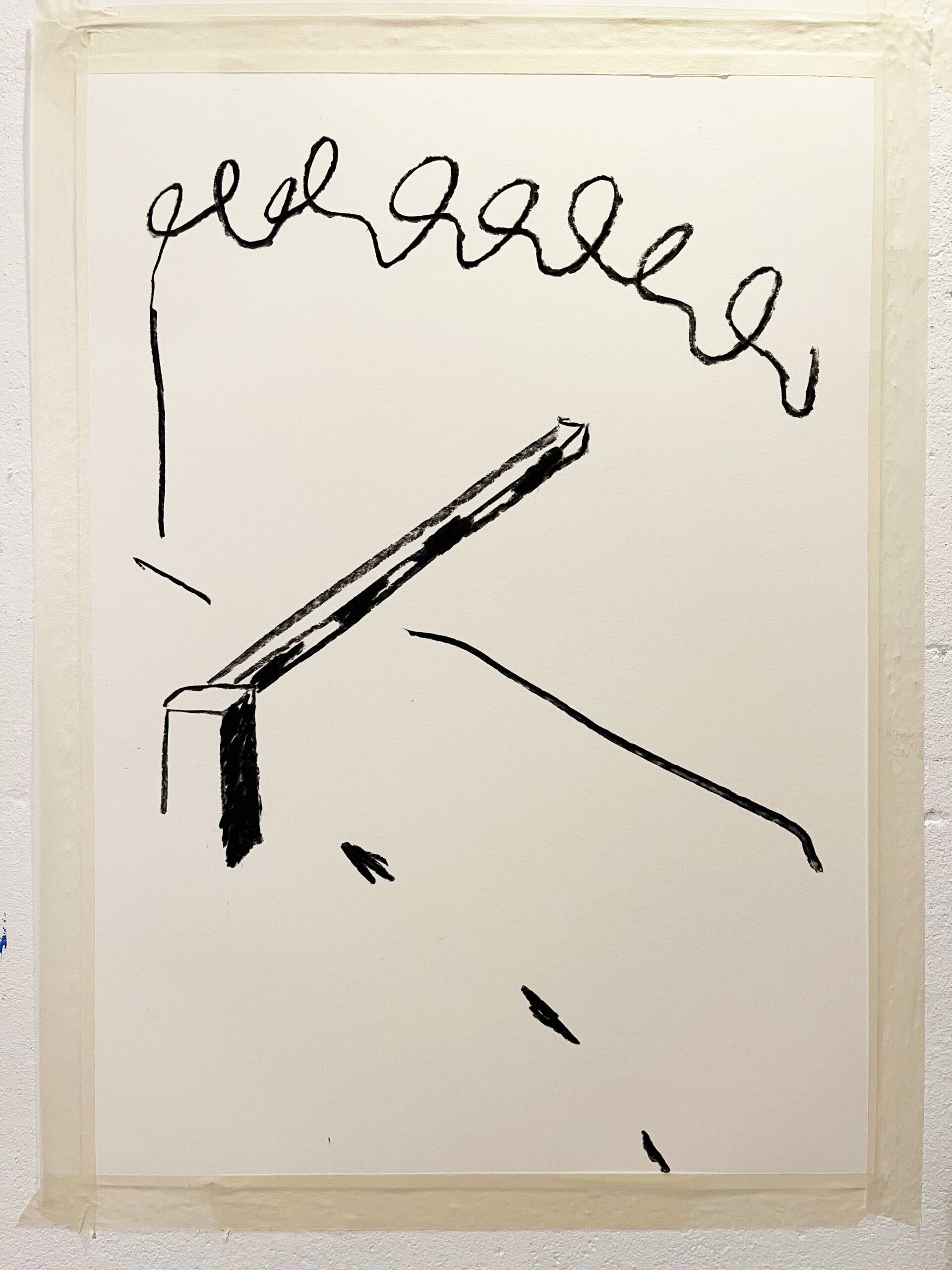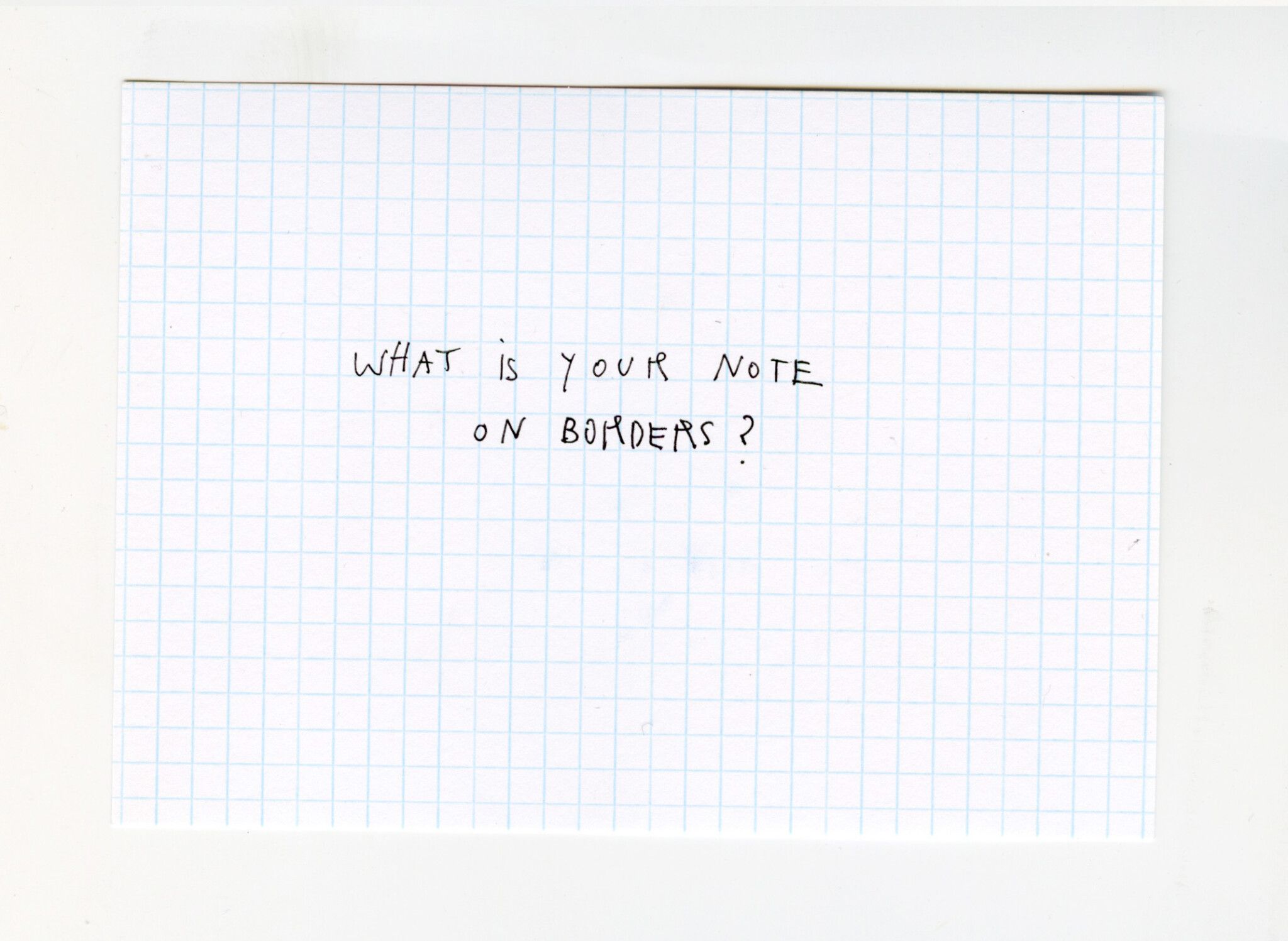1999, I am five years old.
We are on the road. It’s my first time in a camper van. A house on wheels.
For me, it’s the first time I have traveled so far, first time that I see the Mediterranean and the first time that I am consciously aware of a national border.
We, that is, my parents and my four older siblings, are traveling together in the Italian late summer. In my memory, I spend the long journey in the sleeping alcove above the driver’s cabin. The view out of the window, an elevated perspective of the gray, asphalted landscape of a cold country passes us by.
Border control. We stop. A uniformed person enters the interior of the van, I don’t understand the language being spoken. The person searches. Opens the high cupboard, looks into the beds.
We are one person too many in the van and now they are looking for even more people hidden inside.
My mother speaks, the situation ends in my memory because she asks the uniform “ein Auge zu zudrücken”, it means to close one eye and let something slide and not punish it. She underlines what she has said with a gesture, covering her eye with her left hand.
I remember the mood, the calmness of my parents, and how often they laughed after this situation, that the gesture alone was convincing enough to let us continue our travels.
25 years later
Why do I remember the situation, why it is one of the few memories that remain from that trip?
I don’t know and yet I know that the absurdity, the arbitrariness, and everything I have experienced, observed, and been told about border controls to this day is also reflected in a childlike lack of understanding of nation states and white privileges.
I often cross borders.
During the last ten months, 26 times. Each time I have tried to perceive this moment, which is sometimes not so easy when the border is just a water stream that rises so imperceivably from the landscape, that it only takes a moment of inattention to miss the crossing. It is always my cell phone that sends me a message to remind me of my tariff options and national borders.
And then there are the countless other border-crossings that cannot be overlooked, the airports that cannot be entered by everyone, the controls at train stations, on trains, on buses, in the mountains at sea. A fortress around Europe, a fortress within Europe. An inhumane practice, a brutal, racist architecture.

